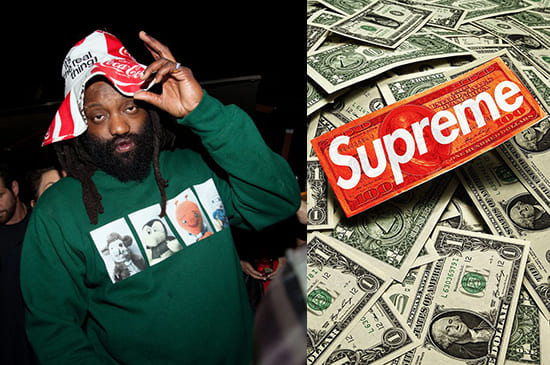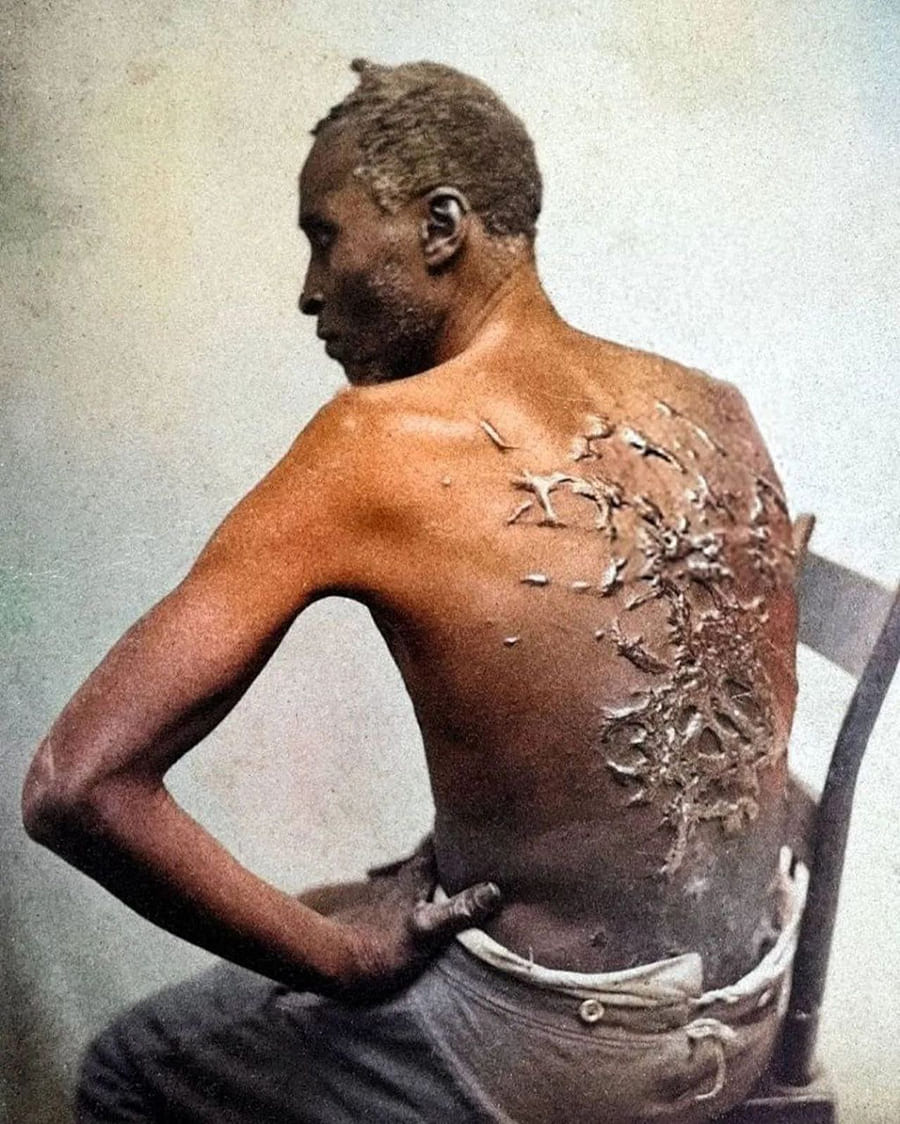
Tremaine Emory, the creative director of skateboarding fashion giant Supreme, has announced his departure, citing "systemic racism" as the driving force behind his decision.
Emory took to social media to shed light on his exit circumstances, sharing revealing screenshots and messages that have sent unsurprising revelations through the fashion industry.
Emory's departure met with support and controversy, is closely tied to a collaboration with renowned artist Arthur Jafa.
The creative director shared screenshots of direct messages (DMs) showcasing his efforts to align with Supreme on a joint statement about his exit, which was intricately linked to the Jafa collaboration.

The 1863 photograph known as Peter (formerly identified as “Gordon”) [among other titles], presumably the image being referenced in Emory’s caption.
The picture above shows a formerly enslaved African American called Gordon or "Whipped Peter" and the extent of the brutal whippings he received during his time as an enslaved person.
The picture is known as "The Scourged Back," it became one of the most important and recognizable pieces of Union material during the American Civil War. It exposed the physical injuries enslaved people often received while being held prisoners.
It inspired the populations of the Union in the Civil War to continue the fight and to aim to end slavery, which had become a stain on American society.
The collaboration with Arthur Jafa was highly anticipated, with high expectations within the streetwear community.
However, Emory posted screenshots of text messages exchanged with James Jebbia, the founder of Supreme, in which they discussed the potential cancellation of images from the Jafa collaboration.
The reason behind the potential cancellation was the "depiction of black men being hung and the freed slave Gordon pictured with his whip lashes on his back."
These images, which Emory found deeply troubling, sparked a conversation between him and Jebbia about the sensitive and racially charged content.
His vocal stance on issues of racial justice and his efforts to bring attention to systemic racism have been widely acknowledged.
It remains to be seen how Supreme will address these issues and navigate the industry's evolving landscape of social responsibility.
